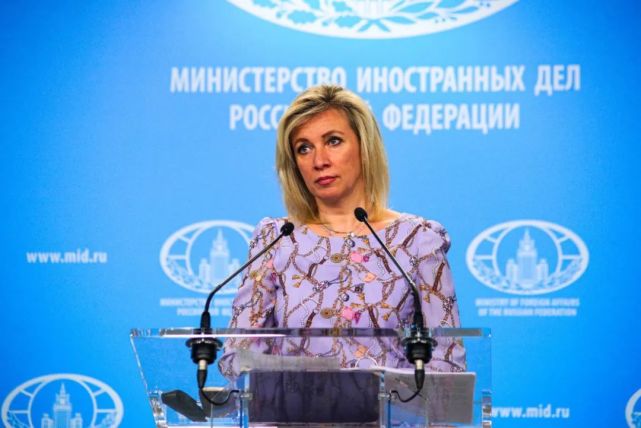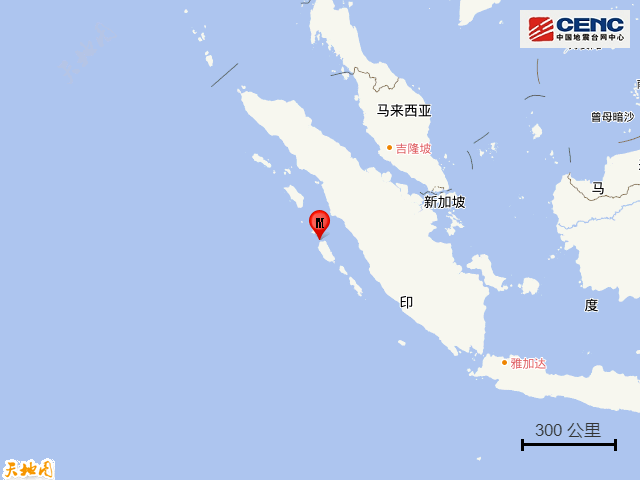The State Council of the Organization of the Shanghai Cooperation Organization on the Council on the Council of the State of the Organization of the Organization on the Council of Climate Change
Author:Xinhuanet Time:2022.09.17
Xinhua News Agency, Uzbekistan Samarham, September 16th
The State Council of the Organization of the Shanghai Cooperation Organization on the Council on the Council of the State of the Organization of the Organization on the Council of Climate Change
We, the head of the Shanghai Cooperation Organization (hereinafter referred to as the "SCO"), unanimously acknowledged that the current climate change is not conducive to the increasingly apparentness, and the urgency of global actions has continued to rise. It is one of the important times we face to respond to climate change and promote the world economy after the new crown pneumonia epidemic. The member states of the SCO live nearly half of the world. For the common interests of them and the international community, we are determined to cooperate with the challenges brought by climate change.
We agree that climate change and its negative effects are the urgent problems facing all human beings, which brings severe challenges to the sustainable development of human beings. All human beings need to be continuously Strengthen international cooperation, work together to deal with it, and further promote the transformation of economic and social tolerance and sustainable development.
Member states believe that the national conditions of each country should be considered, and the Paris Agreement should be implemented on the basis of the principles of common but different responsibilities and their respective abilities. We noticed that the decrease in greenhouse gases and net zero emissions are critical to realize the temperature control goals stipulated in the Paris Agreement, and the ownership of each country has its own rights to determine the national emission reduction goals and its implementation path.
In order to achieve global goals, member states have made great contributions to preventing and adapting to climate change. Although the member states are affected by the new crown pneumonia's epidemic, they generally face the challenges of recovery economy and improve people's livelihood. They have adopted a strong climatic action, submitted their own independent contributions of the country, showed their ambitions and made demonstrations for the international community.
We emphasize that the support for the support of the second developed countries listed in the Convention should match the action of developing countries. Providing and mobilizing funds to respond to climate change are the obligations of the attachment second -developed countries listed in the Convention.
We are very concerned about the climate funds commitment including the attachment second -developed countries listed in the Convention in the Convention in the Convention that will be fulfilled by 2020. We urge the second -developed countries listed in the Convention to fulfill the above commitments as soon as possible before the 27th Conference (COP27), and make greater contributions to setting up the new climatic funds collective quantitative funds after 2025, expanding to developing countries developing countries in developing countries Provide necessary support for funds, technology development and transfer, and capacity building to help developing countries have the ability to implement climate actions in the context of sustainable development.
Member states advocate that the relationship between impartial transformation should be supported, and the relationship between reducing emission reduction and development should be balanced. We emphasize that the amount of gas emissions of people in developing countries is much lower than that of developed countries. It should ensure the right to autonomous and sustainable development in developing countries. The Paris Agreement has clearly stated that in the context of sustainable development and eliminating poverty, greenhouse gas emissions reaches peaks for developing countries. Unilateral compulsory measures violate the principles of multilaterally, severely damage the efforts of multilateral cooperation and union and response to climate change alone, and weaken the ability of countries to deal with climate change.
Member states believe that measures should not be used to take measures to restrict trade and investment cooperation. Member states call for the openness and non -discriminatoryness based on the principle of voluntary climate.
Member states congratulate the 30th anniversary of reaching the convention, and highly evaluate its key role in responding to the international negotiations and cooperation in response to climate change. Under the guidance of the basic principles of the Convention, member states are willing to fully implement the Convention and the Paris Agreement with various countries.
Member states pointed out that the Paris Agreement aims to control the global average temperature increase within 2 ° C and work hard to limit it within 1.5 ° C. The results of the 26th Conference of the Contracting Party (COP26) are welcome to support Egypt to make efforts to prepare and host the 27th Conference (COP27) to prepare and organize the Convention of the Convention (COP27).
The member states agreed to promote the COP27 to achieve positive results in combination with the principles of openness, transparency, extensive participation, driven by the contract, and consistent negotiation in the principles of openness, transparent participation, extensive participation, and consistent negotiation.
The members of the member country supported the Tagikistan's proposal to set 2025 as the "International Glacier Protection Year", and noticed the proposal of the establishment of the International Glacier Protection Fund.
Members noticed that the global carbon market played an important role in achieving the target of the Convention and the Paris Agreement, and believed that it should be exchanged and useful. Economic efficiency of measures.
In order to continue to implement the 2018 Qingdao Summit's "Single Organization Member State Environmental Cooperation Concept" and the "Outline of the Green Belt of the SCO Organization" adopted by the Duchamp Summit in 2021, the member states decided to take measures in the following areas:
(1) Promote sustainable development, reduce greenhouse gas emissions, and improve and optimize infrastructure including energy structure.
(2) Expand cooperation in the fields of development and application resources, energy conservation, green, and low -emission technology.
(3) Considering the impact of climate change on the marine animals and plants, the possibility of the SCO member states adopting joint action in this field.
(4) Experience exchanges on investment standards and sustainable projects including green classification.
(5) Study the prospects of cooperation in the field of fund raising to prevent and adapt to climate change.
(6) Dialogue on the carbon market among the members of the SCO Organization, including entering and participating in the international carbon market.
(7) Develop talent potential on the basis of mutually beneficial cooperation between the member states of the SCO, build a professional talent training system in the climatic field, and formulate a talent re -training plan.(8) A seminar, forum and round table dialogue in the SCO Framework attracted the government, enterprises, think tanks, scholars, and other experts to communicate on climate change.
(9) Cooperation of the above -mentioned fields of interested SCO Observer and dialogue partners are open.
On September 16, 2022, in Samarhan
- END -
Russia responded

Russian Foreign Ministry spokesman responded to Zelei Sky's accusations against Ru...
A magnitude 6.1 earthquake occurred in the southern waters of Sumatra, Indonesia

According to the formal determination of the China Earthquake Network, 11:29 on Au...